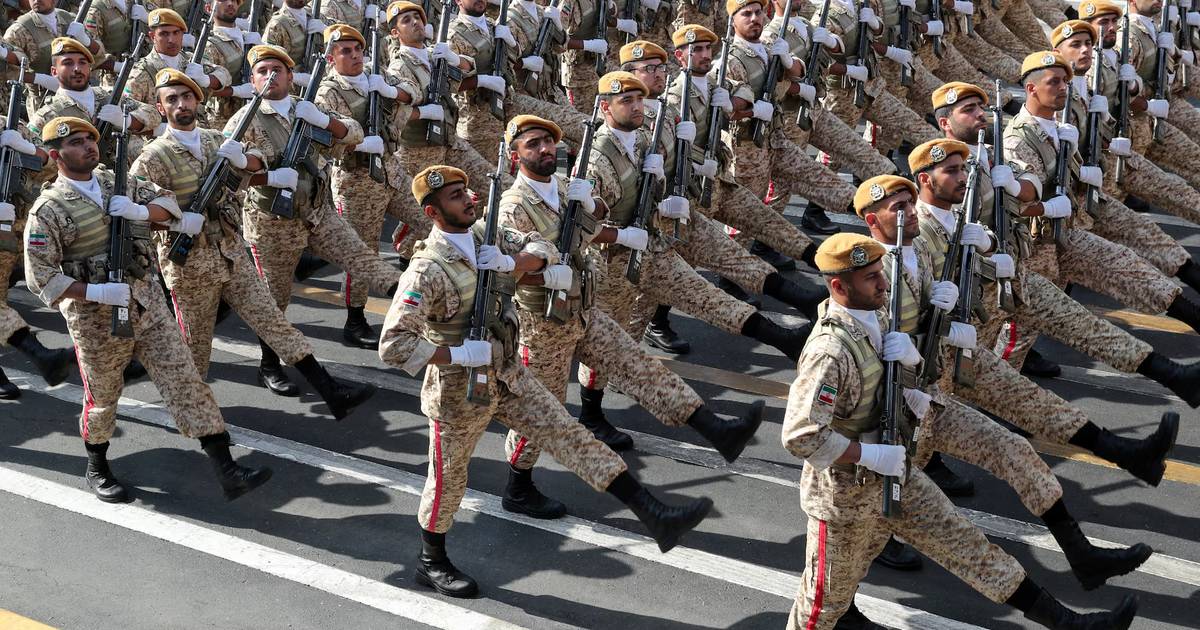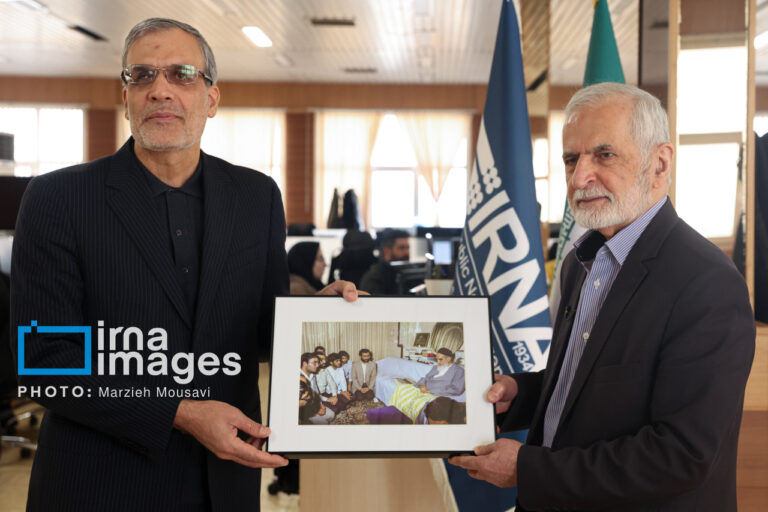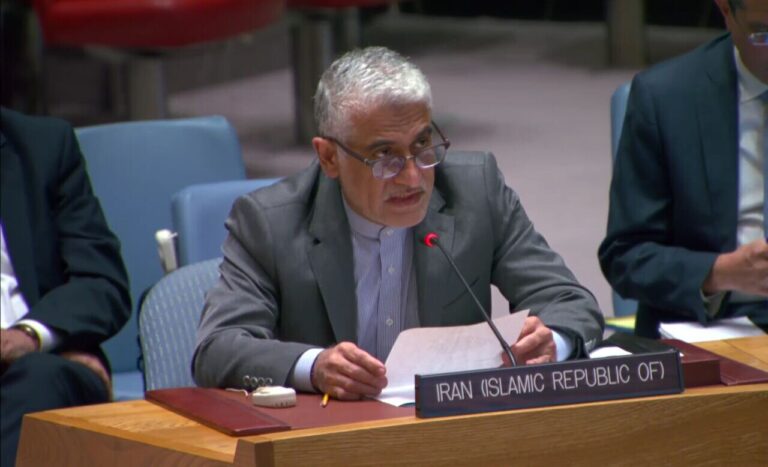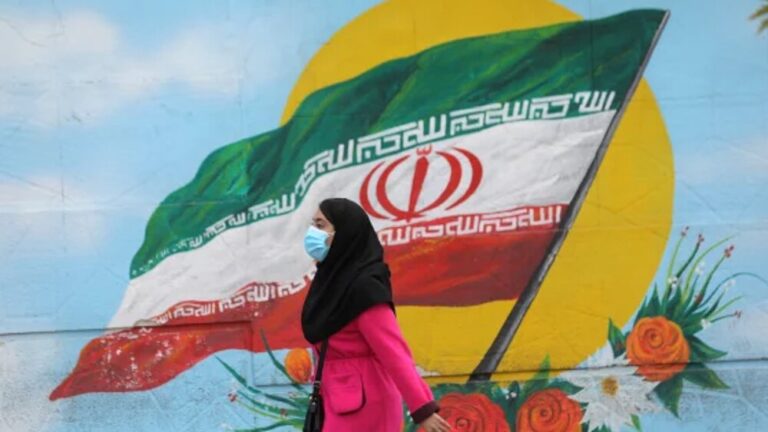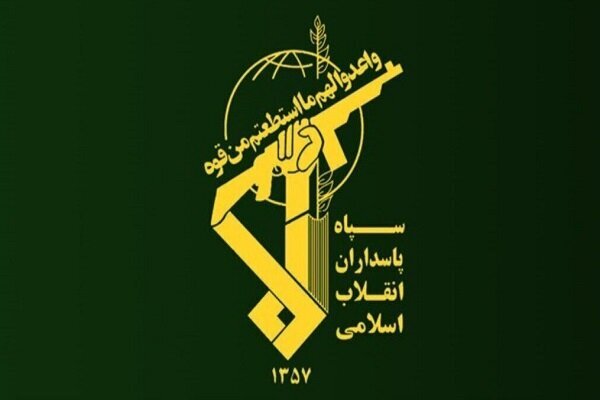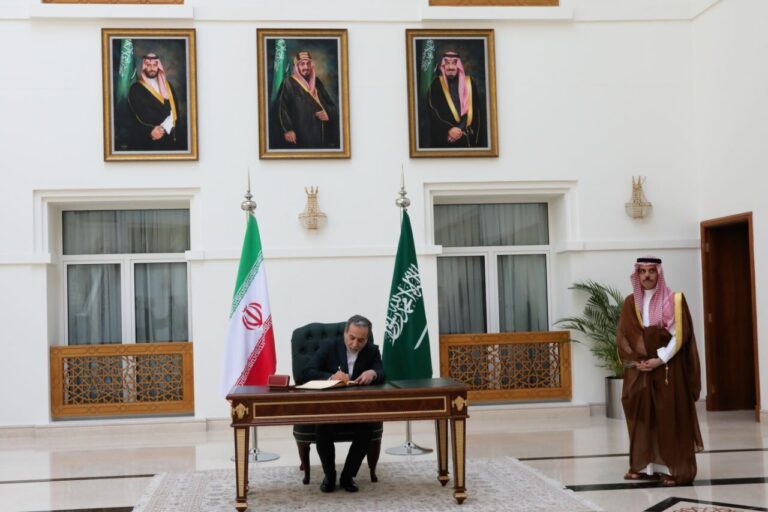Tehran Stands Ready: Iran’s Defense Readiness Amid US Strategic Decisions
As diplomatic tensions rise between Iran and the United States, an Iranian army commander has emphasized that the nation’s military is fully prepared for any potential scenario. Brigadier General Nozar Nemati, the deputy commander of Iran’s Army Ground Forces, declared that the military is on high alert to defend the ideals of the Islamic Republic and safeguard the country’s borders. This statement comes at a critical time when diplomatic relations are under strain.
In a recent interview with IRNA, General Nemati stated, “The armed forces, especially the Army, are always ready to defend the ideals of the Islamic Republic and protect the country’s borders.” His comments reflect Iran’s commitment to maintaining its sovereignty amid ongoing uncertainties in its relationship with the US.
In a related development, US President Donald Trump disclosed that he had sent a letter to Iran’s Supreme Leader Ali Khamenei, proposing negotiations while simultaneously warning of military consequences if discussions regarding Iran’s nuclear program do not materialize. Trump expressed his hope for diplomatic engagement, stating, “I hope you’re going to negotiate because if we have to go in militarily, it’s going to be a terrible thing for them.” He elaborated on his stance in an interview with Fox Business Network, saying, “There are two ways Iran can be handled: militarily or through a deal. I would prefer to make a deal.”
Later that day, Trump conveyed to reporters in the Oval Office, “We are at the final moments with Iran,” suggesting that urgent developments are imminent. However, Iran’s response to the proposed negotiations was swift and dismissive. An official outlet of Iran’s Islamic Revolutionary Guard Corps (IRGC) rejected the letter, characterizing it as a psychological operation. Furthermore, Iran’s UN mission in New York confirmed it had received no such correspondence.
Amidst these tensions, Iran’s Foreign Minister Abbas Araghchi accused Israel of attempting to incite the US into a regional conflict. He stated, “It is Israel’s desire to involve other countries in war. It is Israel’s desire to draw America into war,” warning that any US military intervention would leave Washington “extremely vulnerable.”
In light of the escalating situation, General Nemati reiterated Iran’s commitment to border security, emphasizing that the country has bolstered its defenses and is coordinating closely with IRGC forces. “Our forces are stationed across all critical border areas, working in complete harmony to ensure security,” he affirmed.
To showcase its military readiness, Iran has been conducting large-scale military exercises, including the recent Zolfaghar 1403 drills. These exercises demonstrated the country’s naval, air, and ground combat capabilities, underscoring Iran’s strategic focus on defense.
Trump’s recent remarks coincide with his administration’s intensifying economic pressure on Iran. On Thursday, US Treasury Secretary Scott Bessent outlined a renewed “maximum pressure” strategy designed to cut Iran’s oil revenues and further devalue its currency. This approach aims to compel Iran into compliance with international demands regarding its nuclear program.
- Military Preparedness: Iran’s military remains on high alert to protect national interests and borders.
- Diplomatic Proposals: Trump reached out to Khamenei for negotiations, warning of military action if talks fail.
- Rejection of US Letter: Iran’s IRGC dismissed the letter as a psychological tactic.
- Israel’s Role: Iran accuses Israel of provoking the US into conflict.
- Border Security: Iran has enhanced its defensive measures and coordination with the IRGC.
- Military Exercises: Iran conducted drills to showcase its combat capabilities.
- Economic Pressure: The US has intensified sanctions aiming at Iran’s economy.
The ongoing dialogue between Iran and the US is fraught with challenges, and the potential for military escalation remains a significant concern. As both nations continue to navigate this complex landscape, the global community watches closely, anticipating the next steps in this high-stakes geopolitical situation.
